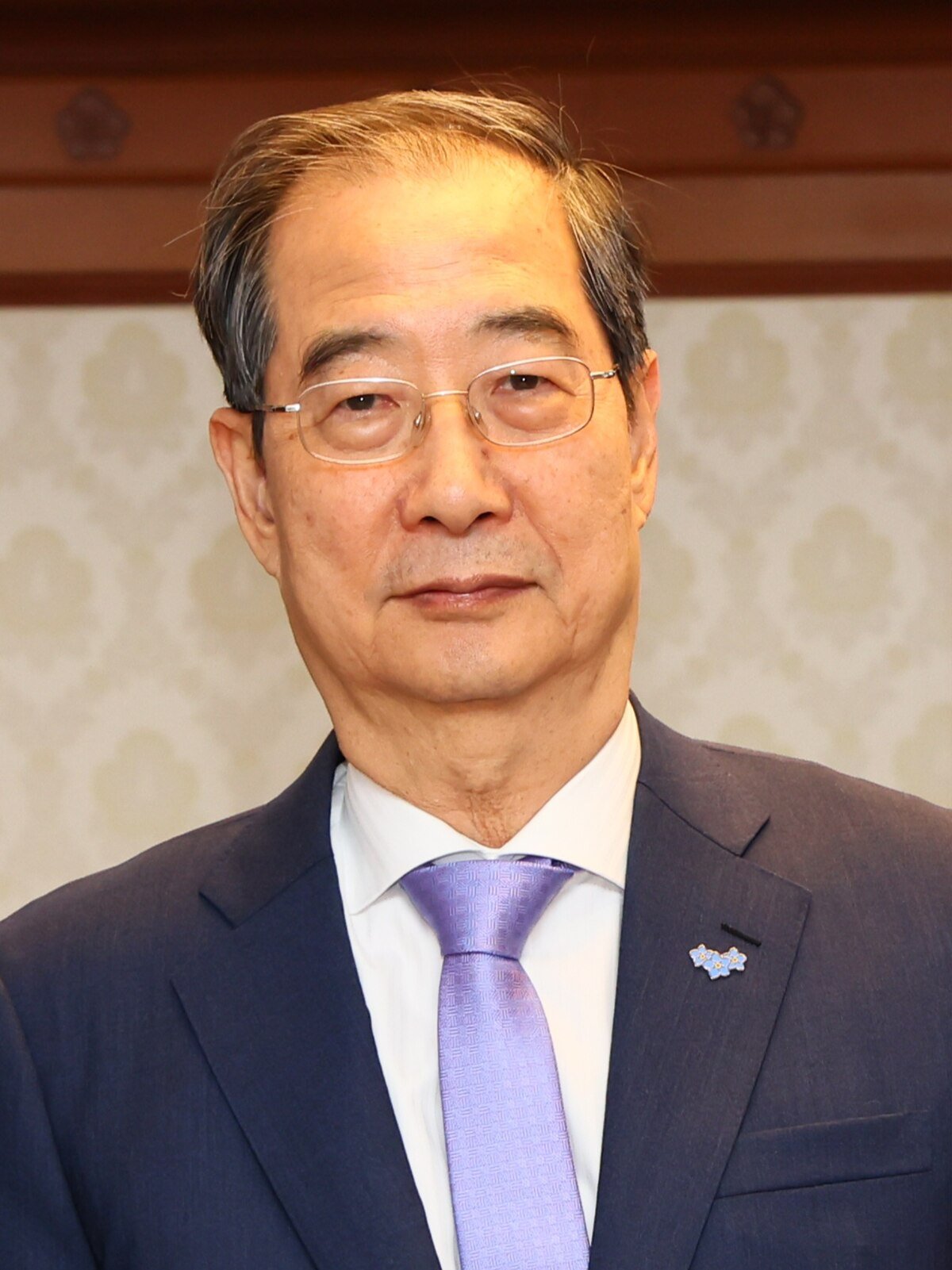
Samsung Electronics projected an ambitious expansion in its sales and supply of high bandwidth memory (HBM) for the second half of this year, Wednesday, to meet exponentially growing market demand for the advanced memory chips that power generative artificial intelligence (AI) services.
The company noted that it will start supplying fifth-generation eight-layer HBM3E chips to its clients in the third quarter of this year. Additionally, it plans to begin mass production of twelve-layer HBM3E chips and start supplying them in the latter half of the year.
Samsung reported sales of 74.07 trillion won ($53.64 billion) and an operating profit of 10.44 trillion won for the April to June period, with memory chips serving as a key indicator of the company’s performance. Revenues rose by 23.44 percent compared to a year ago, while operating profit surged 14.5 times from 670 billion won during the same period.

During an earnings conference call, Kim Jae-joon, executive vice president of Samsung’s memory chip division, said second-quarter HBM sales grew in the mid-50 percent range from three months earlier and forecast a two- to four-fold increase in HBM sales every quarter.
HBM vertically stacks DRAM chips to save space and power, thereby serving as a key component in graphics processing units (GPU) produced by companies like Nvidia.
“In the second half of this year, revenues from HBM will be 3.5 times higher than the first half,” Kim said. “We have been expanding our HBM capacity continuously. According to our latest sales plan, we have secured nearly four times the volume of (HBM) orders with customers compared to last year.”
Samsung’s optimistic outlook is bolstered by the HBM3E chips. The company reported that fourth-generation HBM3 chips accounted for two-thirds of total HBM sales in the first half of this year. However, HBM3E sales are expected to quickly surpass this, accounting for 60 percent of total HBM sales by the fourth quarter.
“We have provided samples of eight-layer HBM3E chips to clients and will begin supplying them in the third quarter of this year according to their schedules,” Kim said.
“Also, the company has finished preparations to mass produce 12-layer HBM3E, with plans to begin supply in the second half of this year.”
HBM3E chips have been the subject of keen market attention, as Samsung has not been supplying those chips to Nvidia, one of the biggest clients. Earlier reports alleged that Nvidia’s qualification tests for Samsung’s HBM3E chips are dragging on, while Samsung neither confirmed nor denied those reports.

Although Kim refrained from commenting on whether the supply would include Nvidia, the company’s projection of a rapid increase in HBM3E supply suggests that it may begin supplying those chips to Nvidia in the near future.
KB Securities analyst Kim Dong-won noted, “Samsung’s HBM3E chips are expected to pass Nvidia’s qualification tests in August or September … Given the soaring demand, it is expected that NVIDIA will need to diversify its HBM supply sources starting in the second half of this year.”
Against this backdrop, Samsung’s stellar second-quarter earnings were attributed to the recovery of its memory business.
In the second-quarter earnings report, the company’s Device Solutions division, which is in charge of memory chips and other semiconductor businesses, reported an operating profit of 6.45 trillion won, accounting for more than 60 percent of total operating profit.
Samsung said strong demand for generative AI servers and enterprise-owned servers resulted in an overall recovery of memory chip market.
The firm also projected that demand for DRAM and NAND products will remain strong in the second half of the year and into next year. However, its supply of conventional memory chips will be limited in the second half due to a focus on HBM chips. It added that clients are striving to secure production capacity for next year’s supply.
The company’s Device Experience division, which is in charge of smartphones, TV and other devices, suffered a 1.11 percent year-on-year drop in operating profit to 2.72 trillion won, despite a 5 percent growth in sales. The lackluster performance was attributed to increased costs for raw materials, as well as higher marketing and development expenses for AI services.
Buoyed by the solid earnings, Samsung Electronics shares closed at 83,900 won, up 3.58 percent from a day earlier.






